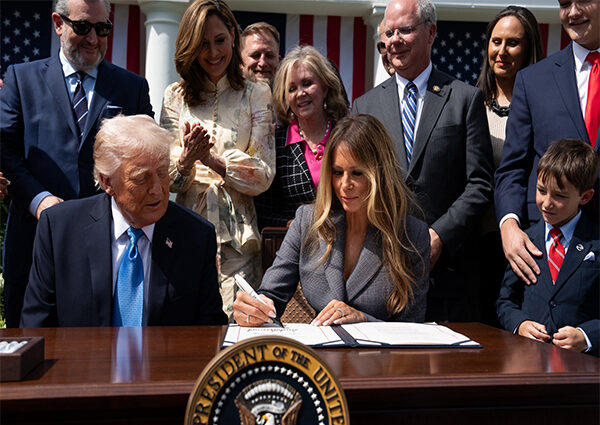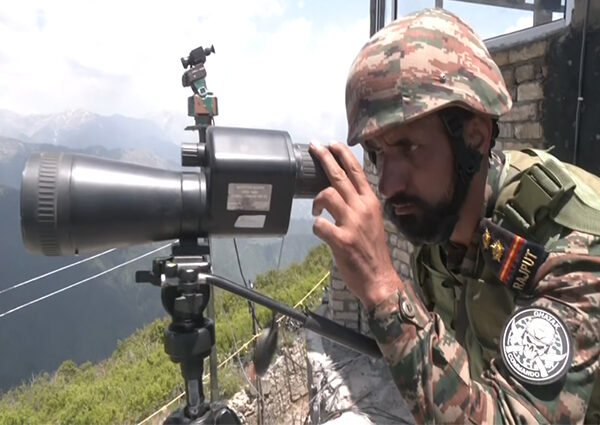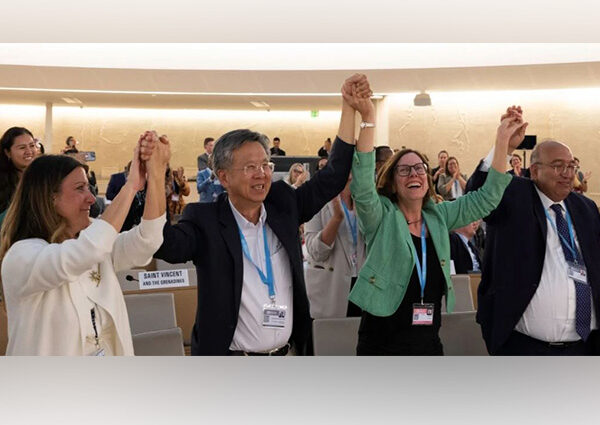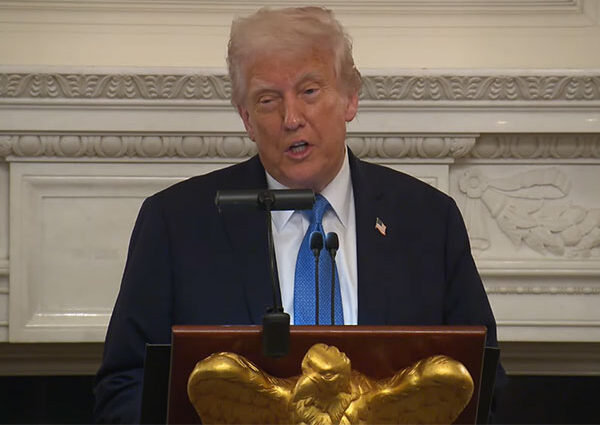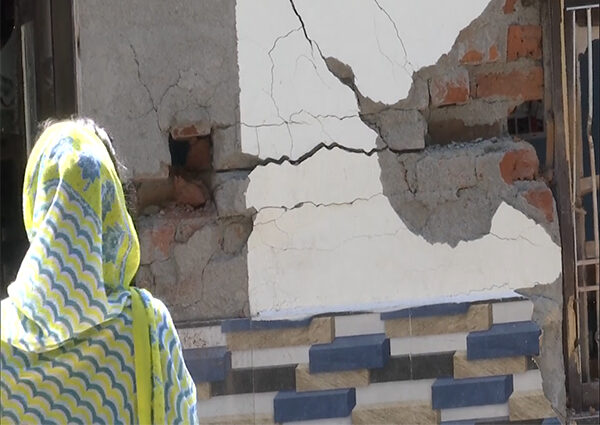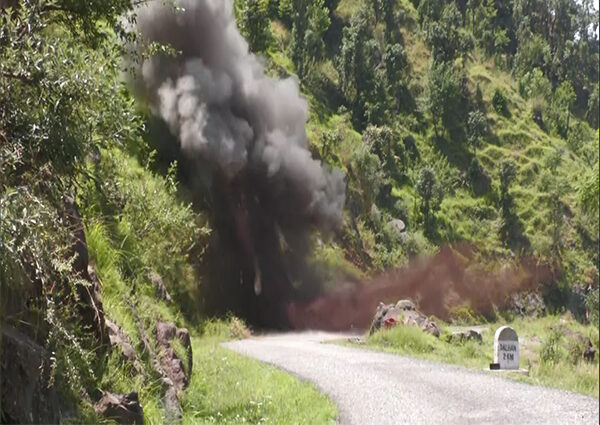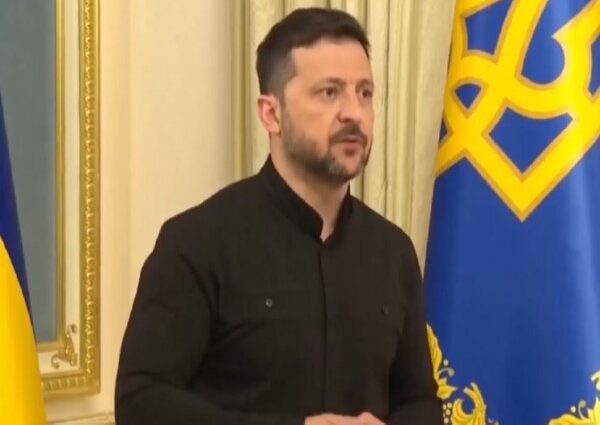After the success of Operation Sindoor, Indian Army’s incharge of air defence Lt Gen Sumer Ivan D’Cunha revealed that during the Op Sindoor the Golden Temple management allowed the Indian Army to deploy air defence guns within the shrine to counter potential drone and missile threats from Pakistan.
Lt General D’Cunha informed that the Golden Temple’s lights were switched off for the first time in history to facilitate better detection and engagement of enemy drones, which helped the Indian defence forces spot and engage enemy drones more clearly.
In an exclusive interview with ANI, Lieutenant General Sumer Ivan D’Cunha, Director General, Army Air Defence, said, “Fortunately, we visualised what they (Pakistan) were capable of doing. Realising that they would target it because they had no legitimate targets across the border. They were more interested in creating confusion, chaos internally, and hence, we visualised that they would target our civil population and our religious places of worship.”
The successful neutralisation of drones at the Golden Temple demonstrates India’s growing capabilities in countering emerging threats and protecting sensitive locations.
“It was very nice that the Head Granthi of the Golden Temple allowed us to deploy our guns. It is possibly for the first time in many years that they switched off the Golden Temple lights so that we could see the drone coming,” Lt General D’Cunha added.
The Director General said the unprecedented cooperation from the Golden Temple authorities came after they were briefed on the gravity of the threat, following which Indian Army guns were deployed.
He said, “The Golden Temple hierarchy realised there was possibly a threat when it was explained to them. They allowed us to deploy guns to secure and protect the monument of international fame which is visited by hundreds and thousands of people every day. Hence, these guns were deployed, and the golden temple lights were switched off so that we could clearly visualise the drones as they were coming in. That gave us a greater clarity in the sky because as and when you saw the light, you knew what to engage.”
The Indian Army’s Operation Sindoor showcased its preparedness in countering drone threats, particularly in protecting sensitive locations like the Golden Temple.
The senior Army officer also praised the overwhelming support from the local population, especially retired servicemen, which showcased the strong national character and patriotism of the citizens.
Lt General D’Cunha highlighted veterans’ readiness to come out of their retirement and serve for the country, stating, “It’s amazing to know that in all our border towns, not to take it away from the rest of India, but in our border towns, retired ex-servicemen from Punjab, Haryana, parts of Jammu, they were prepared to come out of retirement and they were saying, what can we do to help? I think that’s huge.”
“I mean, if you got the local population on your side, I mean wanting to fight side by side with you with whatever capability they had, and some of them were well retired, and we had AD gunners (Indian Army Air Defence (AD) gunners) coming in like this, what can we do to help you? I think it only tells you that whether it’s Punjab or it’s Haryana or Jammu and Kashmir or any other parts of India, this actually rallied a lot of patriotism, especially among our ex-servicemen fraternity from the border states. It speaks volumes about our national character,” he added.
India used advanced precision-guided munitions to target terrorist camps and infrastructure, demonstrating its capability to conduct precise and effective strikes.
Commenting on the modern warfare using drones, especially how Pakistan deployed Kamikaze drones, the Lt General stated Pakistan’s attempt to deploy Kamikaze drones against India was thwarted due to the Indian defence forces’ preparedness and anticipation.
Pakistan first sent cheap drones in large numbers to low altitudes to saturate the radar system. Still, the Army had anticipated the drone threat and conducted a simulation exercise on April 26-28 to prepare for potential drone attacks.
The Indian Army adopted a tactical approach by not continuously emitting radar signals, instead switching them intermittently to engage targets within gun range.
India utilised advanced surveillance systems, including satellite surveillance and real-time intelligence, to gather critical information on enemy positions and movements.
India’s electronic warfare assets played a crucial role in neutralising Pakistan’s command-and-control structure, which would have likely been used to deploy drones.
The Indian Air Force’s Netra AEW&C aircraft jammed Pakistani radars, disrupting their ability to track and respond to Indian aircraft, including drones.
He said, “It’s like the Nagorno-Karabakh-Azerbaijan clash, the Russian-Ukraine clash, and even to some extent the Israeli current conflict going on, taught us about the huge capability that drones have. We realised that Pakistan, by its backend support from Turkey and maybe a northern adversary as well, had a plethora of drones. We also knew that in order to take on an effective air defense integrated system, the Army and the Air Force would have to be integrated; in this case, they (Pakistan) would have to saturate us. So, if you see his concept of employment, they (Pakistan) would first send in low-altitude, cheaper drones in large numbers to saturate radars, and they would also force you to open up your radars. So, I think it’s very important that the Army looked at, you know, not emitting so that we didn’t give out our positions.”
The attempted drone infiltration highlights the evolving nature of security threats in the region and the need for advanced counter-drone capabilities.
“Because the moment you gave out your emitter position, his next line of drones would come to hit the drone, hit the radar. So what do you do then? You switch it on at the appropriate time. Okay. So you switch it on when you realise that the target is within your gun range. You switch on the radar intermittently, slew your guns and engage the target. But if you continuously emit, the drone wants you to do that. Saturate your screen and then bring in someone from the rear, an armed drone. and then hit your radar as a Kamikaze drone. So I think that the training that we did, actually, we anticipated this, and you won’t believe that about maybe on the 26th, 27th and 28th, we did a simulation exercise at the behest of our army chief in the border areas, where we simulated drone attacks on the weapon system. So, on April 26th, 27th, carried out an exercise of a drone attack from Pakistan.”
India’s Operation Sindoor showcased its preparedness in modern warfare, particularly in neutralising drones and other advanced technologies.
The operation highlighted India’s integrated command structures, enabling seamless coordination between different military branches.
Operation Sindoor reflected India’s “Shishupala Doctrine,” which involves exercising patience until a predefined threshold of provocation is crossed, followed by decisive action.
The operation shifted from reactive defense to proactive security doctrine, showcasing India’s willingness to take bold action against terrorism. (ANI)
